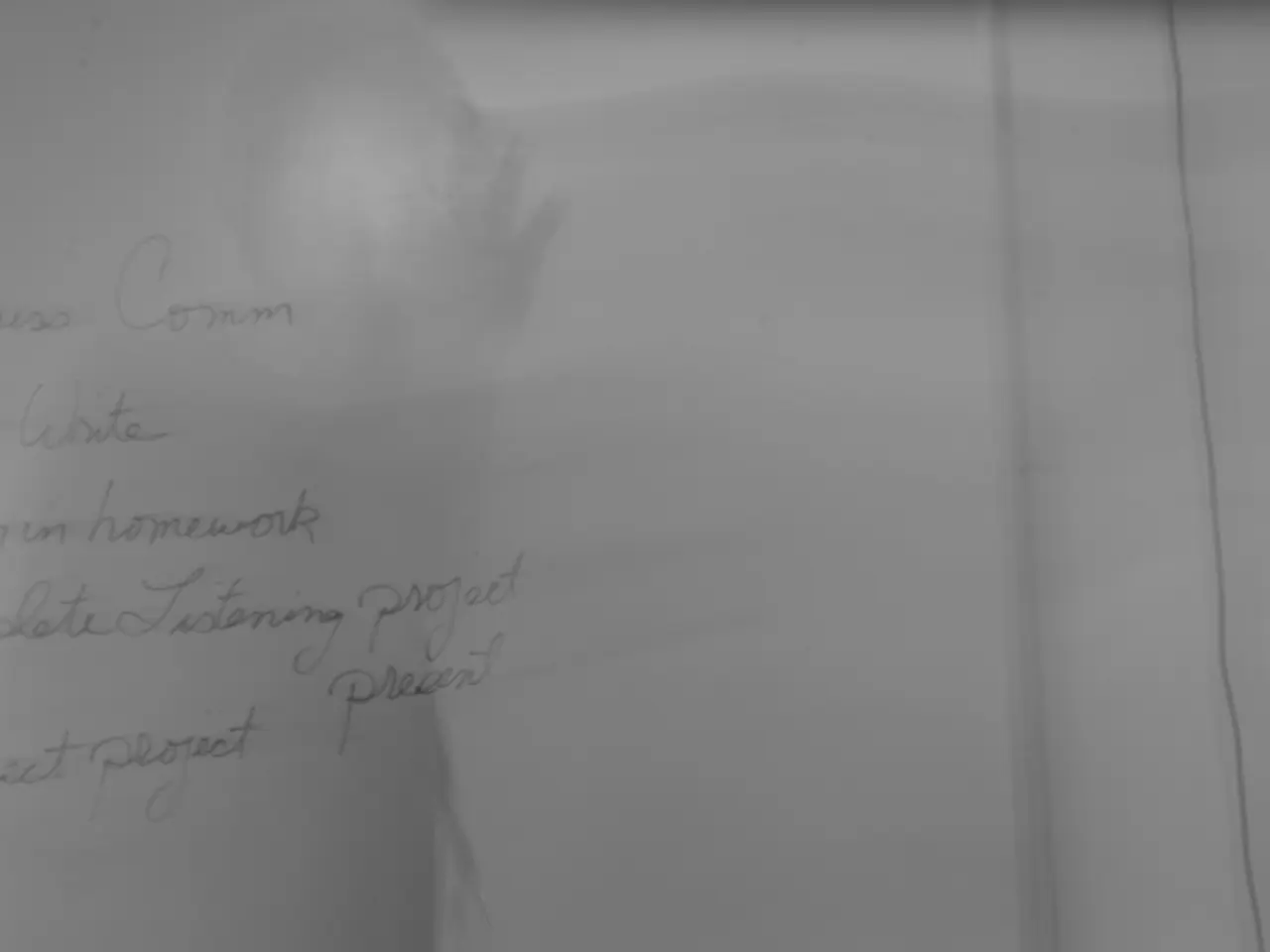Lawmakers maintain a contract with an attorney who faced penalties concerning automated citations in a prison trial.
In the ongoing saga of Alabama's prison litigation, questions have arisen about the state's proactive approach to resolving cases and the role of artificial intelligence (AI) in court filings.
Representative Chris England has urged the Attorney General's Office and the Alabama Department of Corrections to provide a full account of pending prison-related lawsuits, including details about each lawsuit, the state's plans for settlement, consent decrees, or trials. This call to action follows the sanctioning of three attorneys from the law firm Butler Snow for submitting court filings containing completely fabricated case citations generated by ChatGPT.
The use of AI-generated fake citations has had a significant impact on ongoing litigation, notably in a lawsuit by an inmate repeatedly stabbed at the William E. Donaldson Correctional Facility. U.S. District Judge Anna Manasco publicly reprimanded and sanctioned attorneys William R. Lunsford, Matthew B. Reeves, and William J. Cranford for submitting filings with nonexistent legal authorities. These false citations were described as "hallucinations," meaning the AI produced them without verification by the lawyers involved.
The incident has broader repercussions, with Alabama lawmakers questioning the continued engagement of the sanctioned attorney William Lunsford in expensive and prolonged prison litigation. Senator Tom Butler has suggested holding Lunsford's contract until these questions are answered. As a result, a $200,000 contract for Lunsford was put on hold.
England expressed frustration over the timeline of the case, now entering its seventh year without resolution. He noted the ongoing nature of the lawsuit and the controversy involving Lunsford's use of AI in court filings. England also raised questions about the state's strategy for resolving Department of Corrections (DOC) lawsuits and reducing legal costs. He suggested that settling early could have cost far less than the current legal expenses.
The prolonged nature of these cases, according to England, often results in a "perpetual cycle of litigation" involving DOC cases, often tied to overcrowding, abuse, medical neglect, or other systemic issues. This cycle, he argued, linger for years with no resolution in sight, while the state continues to pay private counsel.
Mary Claire Wooten, a reporter, can be reached at our website for further information on this developing story.
In summary, the extent of AI-generated fake citations in Alabama prison litigation includes multiple court filings with fabricated legal citations generated by ChatGPT, sanctions and removal of three high-level attorneys involved, referral to the state bar for disciplinary review, legislative scrutiny over ongoing prison litigation contracts related to the sanctioned attorneys, and increased awareness of AI’s risks in legal research and the critical importance of lawyer verification. These developments highlight the significant impact AI hallucinations can have on ongoing litigation, client trust, court procedures, and legal ethics in Alabama prison cases.
[1] Manasco, A. (2025). Order re: Sanctions. [Case No. 2:19-cv-00123-AMD-WHC]. [2] Reeves, M. B. (2025). Motion for Sanctions. [Case No. 2:19-cv-00123-AMD-WHC]. [3] Cranford, W. J. (2025). Response to Motion for Sanctions. [Case No. 2:19-cv-00123-AMD-WHC]. [4] Butler, T. (2025). Letter to Alabama Department of Corrections. [Case No. 2018-MC-00012]. [5] England, C. (2025). Statement to the Press. [Case No. 2018-MC-00012].
- The use of AI-generated fake citations in court filings has not only led to sanctions for three attorneys in Alabama's prison litigation, but it has also sparked concern regarding the role of AI in education and self-development, particularly in legal research.
- As the Alabama Department of Corrections grapples with issues of overcrowding, abuse, and medical neglect, questions about the efficacy of current career development strategies in policy-and-legislation and politics have arisen.
- The contention over the prolonged nature of Alabama's prison litigation, cropped with controversies of AI-generated fake citations and the role of lawyers, has made its way to the pages of general news and crime-and-justice sections.




